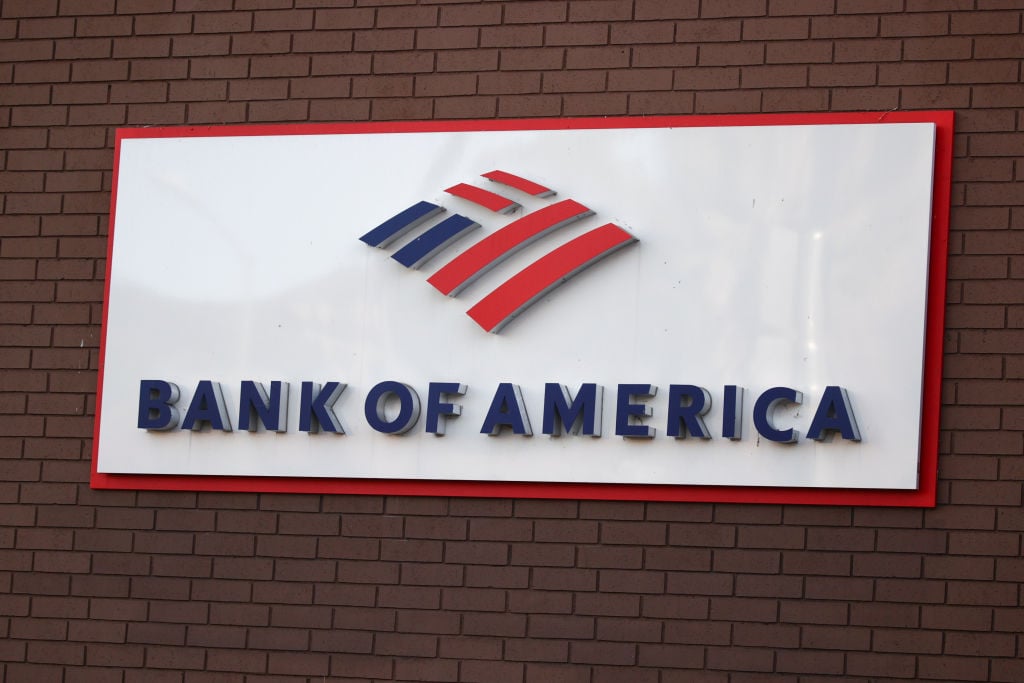Big banks have been falling over themselves lately in an effort to settle outstanding claims by U.S. government agencies regarding crummy mortgages they sold to Fannie Mae (FNMA 12.27%) and Freddie Mac (FMCC 12.73%) back in the salad days of subprime mortgage-making.
Fannie and Freddie on the offensive
Both government-sponsored entities became increasingly prickly last year over the poor quality of these loans, and began pressing banks in earnest last year to repurchase the worst of them. Sometimes, the disputes got ugly, as Bank of America (BAC +0.72%) can attest to: After a protracted row over repurchase demands, the bank decided in early 2012 not to deal with Fannie Mae anymore, and dealt only with Freddie Mac thereafter.
Bank of America finally settled with Fannie in January of this year, forking over more than $10 billion to resolve a spat regarding mortgages sold to the GSE by Countrywide prior to 2008. Today, the bank announced a deal with Freddie Mac, as well -- paying $404 million to retire claims concerning mortgages sold by Countrywide through 2009.
This has been a banner settlement year for the GSEs, as both Fannie and Freddie have kept busy extracting large payments from big banks over toxic legacy mortgage products. In September, Citigroup paid Freddie $395 million to put paid to its own crisis-era excesses, after paying Fannie $968 in July for selling the agency similar bad-quality loans. Wells Fargo paid Freddie $869 million shortly after Citi settled, and JPMorgan Chase just recently paid out $5.1 billion to both GSEs for its own involvement in the sale of lousy mortgages inherited from acquisitions Bear Stearns and Washington Mutual.
Another quarrel settled, but how many more?
Investors can breathe easier now that this issue is settled, as it resolves Bank of America's extensive squabble with the GSEs and therefore has a satisfying ring of finality. The problems with the GSEs were a distraction, and the bank is to be commended for taking this final step to settle the still-simmering issues.
Adding to the sense of relief is the relatively small payout, which Bank of America assures investors is covered by existing reserves.
Bank of America's mortgage-related troubles are far from over, though, as the bank still faces one of its biggest MBS-related settlement debacles: the pending court decision on the Gibbs & Bruns settlement, an $8.5 billion deal struck with 22 institutional investors back in 2011 over 530 mortgage trusts gone bad.
If the settlement is found to be solid, Bank of America will be able to settle up, finally, and move on. If the court finds that the deal was struck to the detriment of the investors, the bank will face another set of unknowns – particularly the amount that it will have to pay to settle this large-scale issue, which will surely be much more than the previously agreed upon, and budgeted, sum.











